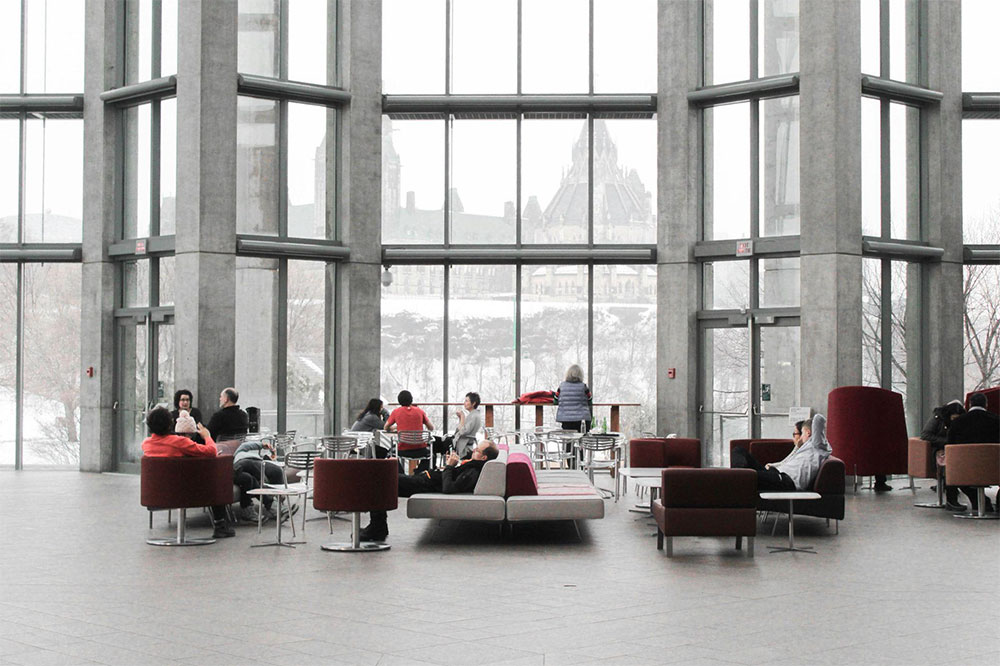Companies are no longer competing on salary or job titles in a work landscape that’s been flipped, stretched, and redefined since 2020. You’ve probably noticed that the script has changed. Employees aren’t just looking for a paycheck—they want meaning, flexibility, and wellness that goes beyond the occasional pizza Friday or dusty ping-pong table. So in 2025, the real currency in employee retention is creativity. And the most forward-thinking companies are designing benefits with a human pulse, not just an HR spreadsheet.
Mental Health Sabbaticals That Aren’t a Gimmick
Some companies now offer dedicated mental health sabbaticals—no strings attached or burnout required. These aren’t just extended vacations in disguise. They’re structured breaks built into the employee lifecycle, usually after three or five years of service, and they’re specifically designed to recalibrate, not just to recover. Employees can travel, pursue personal projects, or do nothing at all, without pressure to “earn” it through overwork. It’s a kind of long-term thinking that values employees as people, not just producers.
Cover the Cost of Learning
One of modern employers’ smarter moves is covering the cost of education when it connects directly to the employee’s role or growth within the company. Thanks to the rise of flexible online degree programs, team members no longer have to choose between building a career and earning a degree—they can do both at once. For those looking to sharpen their edge in a tech-driven world, pursuing an IT degree opens doors to career-relevant skills in everything from network systems to cybersecurity and beyond. By investing in information technology courses while working, employees not only level up professionally but also bring sharper, future-ready capabilities back to the workplace.
Customized Wellness Stipends, No Gym Required
Wellness stipends are nothing new—but companies are shaking up how those dollars get used. Forget the old model that assumed everyone wants a gym membership or meditation app. Now, teams can spend monthly stipends on anything that enhances their version of well-being—gardening tools, creative supplies, sleep tech, even a cold plunge tub. This shift signals a deeper truth: there’s no one-size-fits-all when it comes to feeling good. And that trust in choice? It goes a long way.
Pet-Friendly Health Plans for Your Four-Legged Co-Workers
In the growing world of remote work, pets have become unofficial colleagues. Employers have caught on—and they’re now offering pet insurance, doggy daycare subsidies, and even paid “pawternity” leave when a new animal joins the household. It’s not just adorable; it’s practical. Workers who aren’t worrying about a sick cat or a howling puppy in the next room are more focused, less stressed, and a whole lot more loyal. The emotional ROI on this one is off the charts.
Four-Day Weeks Without Cutting Corners
Some businesses are experimenting with four-day workweeks—but not by compressing hours or guilting employees into weekend catch-up. Instead, they’re redesigning workflow entirely. Meetings are slashed to the essentials, asynchronous tools are prioritized, and teams are evaluated by outcomes, not hours logged. The result? Higher productivity, fewer sick days, and a genuine sense that the company respects your time. When employees feel like their personal lives matter, they show up fully when it’s time to work.
Creative Leave for Artists, Tinkerers, and Side Hustlers
In industries from tech to marketing to education, some companies are granting “creative leave” to employees pursuing side projects, even if they’re unrelated to the job. Whether it’s writing a novel, opening a pop-up shop, or composing music, these leaves are seen as a way to recharge imagination—and companies are betting it’ll boomerang back in the form of better work. It’s a radical kind of respect for personal ambition that treats the employee as a multidimensional person.
Transparency in Career Mapping and Internal Mobility
Another silent revolution: transparency is becoming a benefit in itself. Forward-thinking employers are mapping out internal career pathways with precision and sharing them openly. Employees get access to mentorship programs, skill-building budgets, and timelines for promotions that aren’t buried in mystery. When people can see their future clearly within an organization, they’re more likely to stay. Retention isn’t about handcuffs anymore—it’s about clarity, fairness, and momentum.
What’s clear in all of this is that the companies setting the pace aren’t offering more—they’re offering better. They’re humanizing work by designing benefits that reflect real life in all its messiness and joy. That means centering emotional wellness, offering choices instead of mandates, and treating time as the most valuable perk of all.
Stay informed and inspired with the latest in business, culture, and public interest by visiting The Ritz Herald for comprehensive news coverage and insightful analysis.






